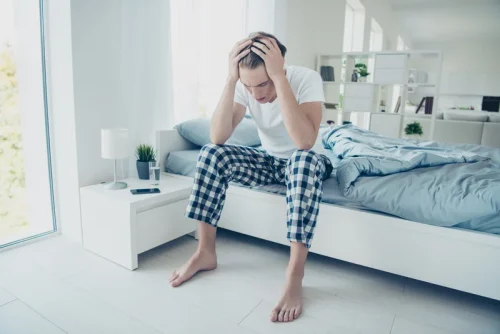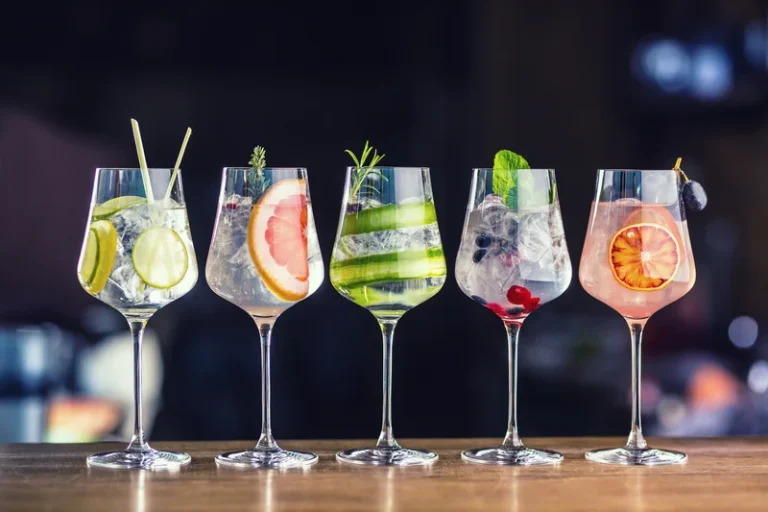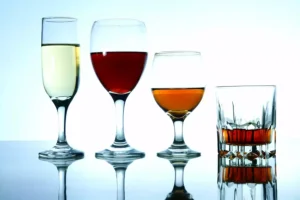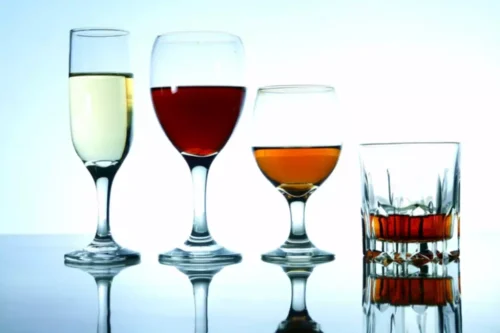
Once we have a clearer picture of our reasons for using alcohol, we get to decide when, where, and how much we use, with added insight. Talk to other family members and tell them of your boredom so that they can support and work with you in determining other paths to fulfillment. This might help to deter you from turning to alcohol or substance use in order for you to alleviate your own boredom in a self-destructive, detrimental way. It also makes you accountable to others and them to you, if you’ve extended your hand for help. Some people who have become used to heavy and regular alcohol drinking may experience severe or even life threatening symptoms when reducing or quitting. Even single nights of drinking can lead to increased loneliness.

Talk with your doctor before quitting alcohol
- You may automatically find yourself gravitating toward alcohol to pass the time, increasing the risk of developing an addiction.
- We are stressed-out, overstimulated, tech-obsessed creatures.
Many cite their increased use as a cause for concern but are struggling to cut back despite their awareness of alcohol’s negative effects on their physical and mental health. Over time, with regular alcohol consumption, our brain starts to adapt. Our reward system gets recalibrated to account for the frequent dopamine hits coming from the alcohol. Our brain starts needing more and more alcohol to experience the same level of reward or pleasure, resulting in increased alcohol consumption. Three studies specifically reported a negative effect of the epidemic on the use of substances (Czeisler et al., 2020, Gritsenko et al., 2020, Rogers et al., 2020).

Quitting Alcohol Timeline: What Happens When You Stop Drinking?
I have gone to bars with people I genuinely like as a sober person, and I don’t stay for longer than an hour or two if nothing is happening. It’s hard to fill that time, especially when dealing with alcohol cravings and triggers. It all felt normal, even the terrible parts like awful hangovers and hangxiety.

#1 Remove Alcohol and Substances From Your Home
“We may be on the cusp of having enough people to advance a little more quickly,” he says. If you’re enjoying this article, consider supporting our award-winning journalism by subscribing. By purchasing a subscription you are helping to ensure drinking out of boredom the future of impactful stories about the discoveries and ideas shaping our world today.
Our daily research-backed readings teach you the neuroscience of alcohol, and our in-app Toolkit provides the resources and activities you need to navigate each challenge. These stories remind us that boredom isn’t merely a state of inactivity or idleness — it can also be a time for reflection, creativity, and unexpected discovery. Our brain also becomes accustomed to the presence of alcohol and starts to see it as the “new normal.” So when there’s no alcohol, things seem a bit off. The brain starts to signal the craving for alcohol, not just to seek pleasure but also to restore what it perceives as normalcy.
#2 Keep a List of Supportive Contacts

Sometimes admitting the truth to yourself is the first step. Remember, it’s not that sobriety is terrible, but that your brain is trying to grapple with the sudden loss of dopamine. Sometimes we would watch a show, but even that become untenable for me after a couple of drinks because I did not have the attention span for it. Alcohol robs you of the ability to feel naturally motivated and inspired. The good news is that your brain can adjust and restore balance to your internal world.
You’ll meet millions of fellow Reframers in our 24/7 Forum chat and daily Zoom check-in meetings. Receive encouragement from people worldwide who know exactly what you’re going through! You’ll also have the opportunity to connect with our licensed Reframe coaches for more personalized guidance. The Reframe app equips you with the knowledge and skills you need to not only survive drinking less, but to thrive while you navigate the journey.
If drinking becomes alcohol use disorder, it can lead to shame, denial, and other negative emotions that can make someone reluctant to spend time with others. Alcohol and loneliness can create a cycle that’s hard to break. Often, people drink to relieve feelings of loneliness or to distract themselves from those feelings. Alcohol is a nervous system depressant, and heavy drinking can also cause isolation and depression. Drinking to facilitate social interaction, to foster celebration and cheer, or to relax and unwind are a few virtuous reasons for drinking. We shouldn’t drink to escape reality, dull our pain, gain the approval of others, or to lose our inhibitions.
How we reviewed this article:
- Boredom is often simply a state of awareness that shows up just prior to the surfacing of difficult, painful thoughts and feelings we have pushed away from our conscious awareness.
- One can form a habit out of being bored because it can present a degree of comfort and safety.
- Rachael Mason, Aloysius Niroshan Siriwardena, Todd Hogue, Gregory Adam Whitley & Graham R. Law contributed to the data analyses and manuscript drafting.
- If we chose modest consumption, identifying the proper environments and reasons to reach for a drink can feel empowering.
- If you do it right, keeping a food journal can help you see what, when, where, and how much you are overeating.
Participants during COVID-19 reported consuming alcohol on an average of 12.2 days and 26.8 alcohol drinks over the past 30 days. Over a third (34.1%) reported engaging in binge drinking and seven percent reported engaging in extreme binge drinking. Those participants who reported being very or extremely impacted by COVID-19, consumed more alcohol (including both on more days and more total drinks) in the past 30 days. Moreover, nearly two-thirds of the participants reported that their drinking had increased compared to their consumption rates prior to COVID-19. Reasons for this increase were increased stress, increased alcohol availability, and boredom.
A hangover can decrease your motivation to engage in social activities. Will eating salads and drinking water make your boredom go away? Not exactly, but it can make you feel better, which has a ripple effect on whether or not you enjoy your life. Remember that one of the things we’re attempting to do is not only get out there and experience fun activities that don’t involve alcohol but also heal the underlying damage in our brain from drinking. Volunteering is a great way to reconnect with your community. Helping others actually boosts our own mental health and feelings of self-worth.
